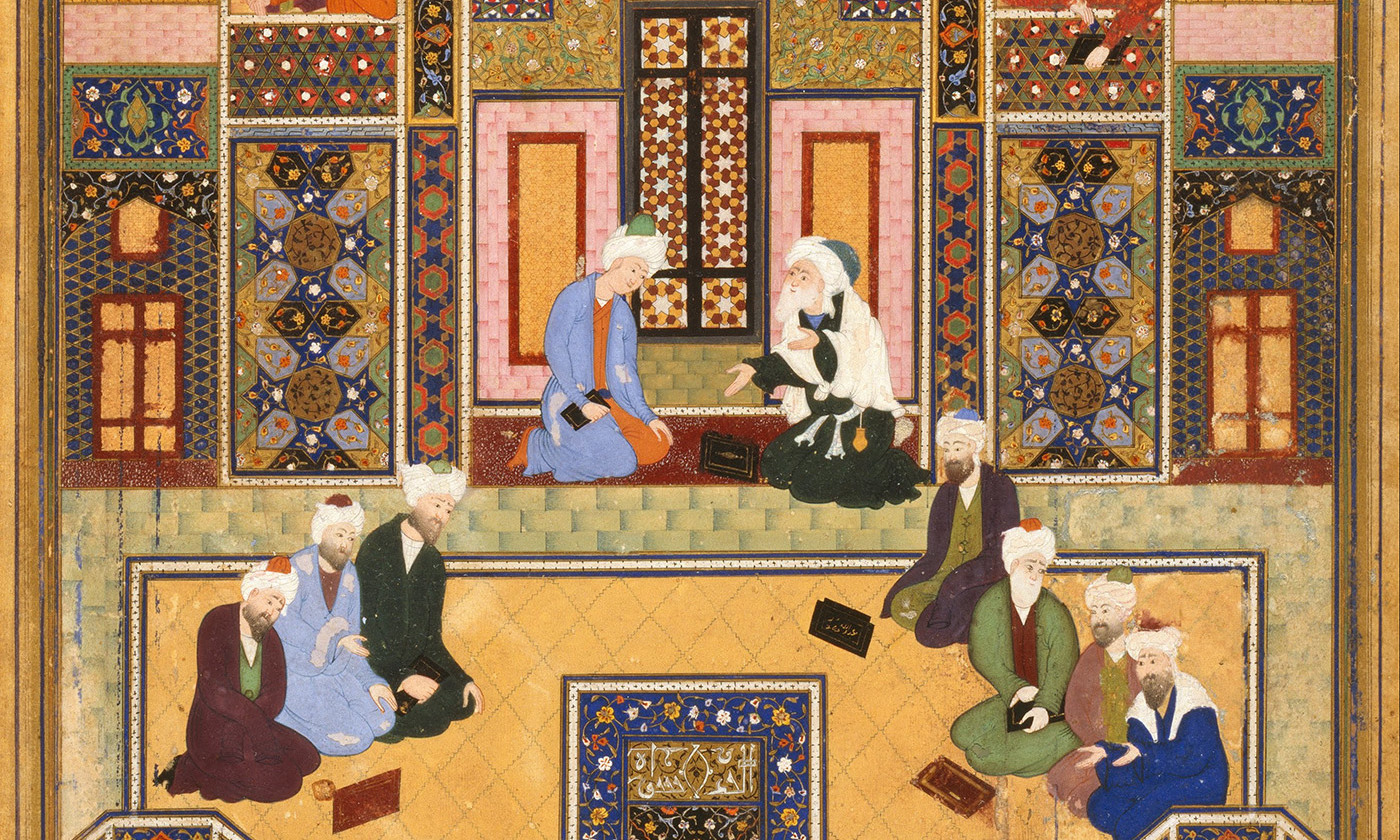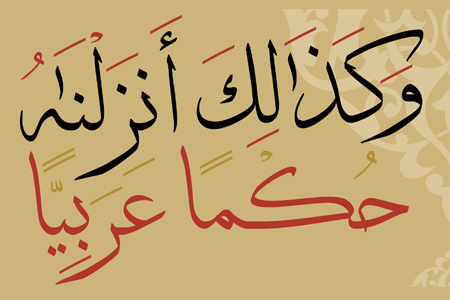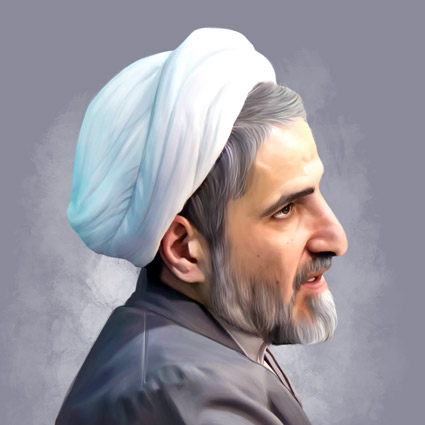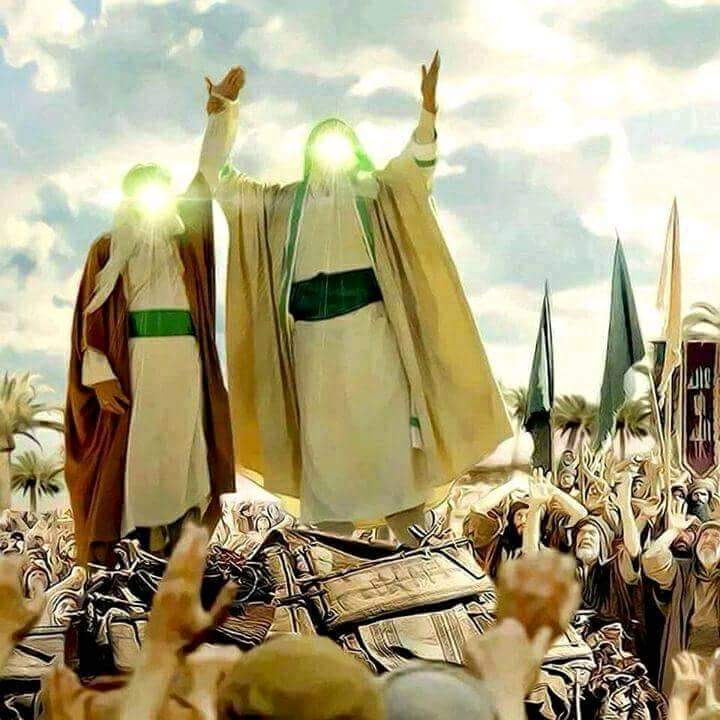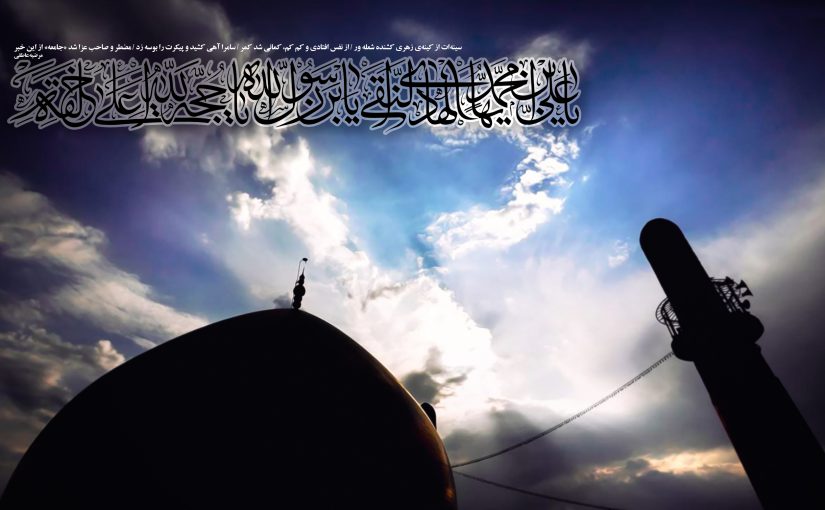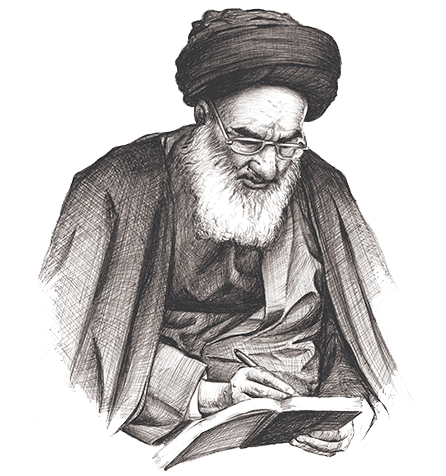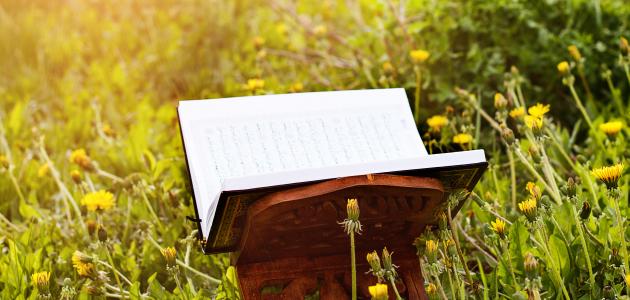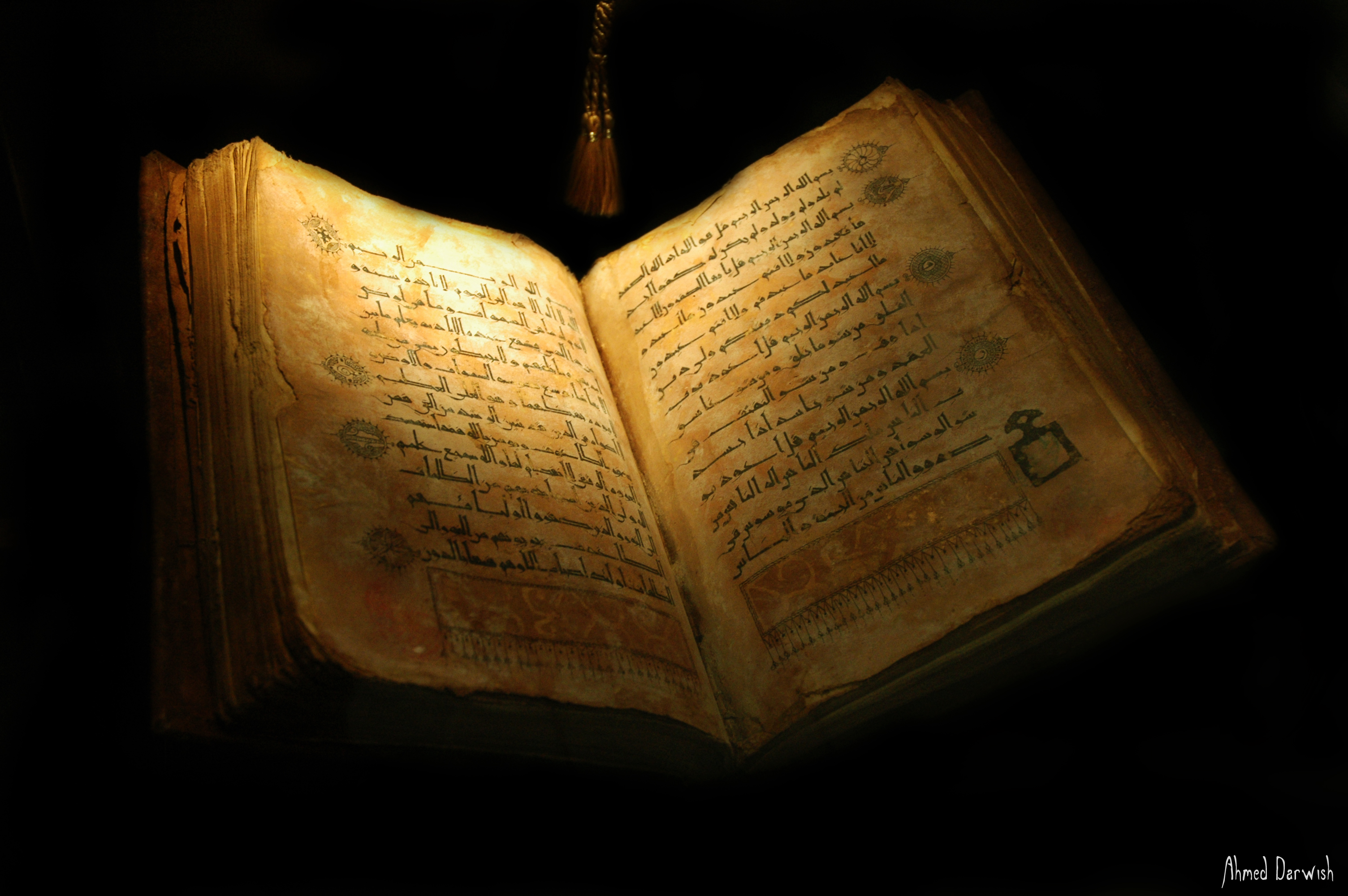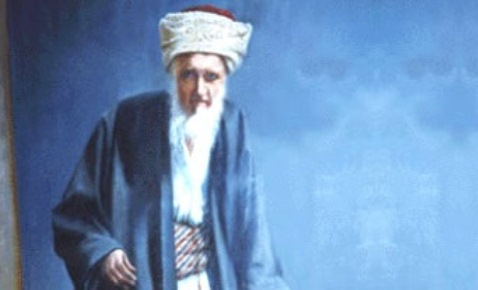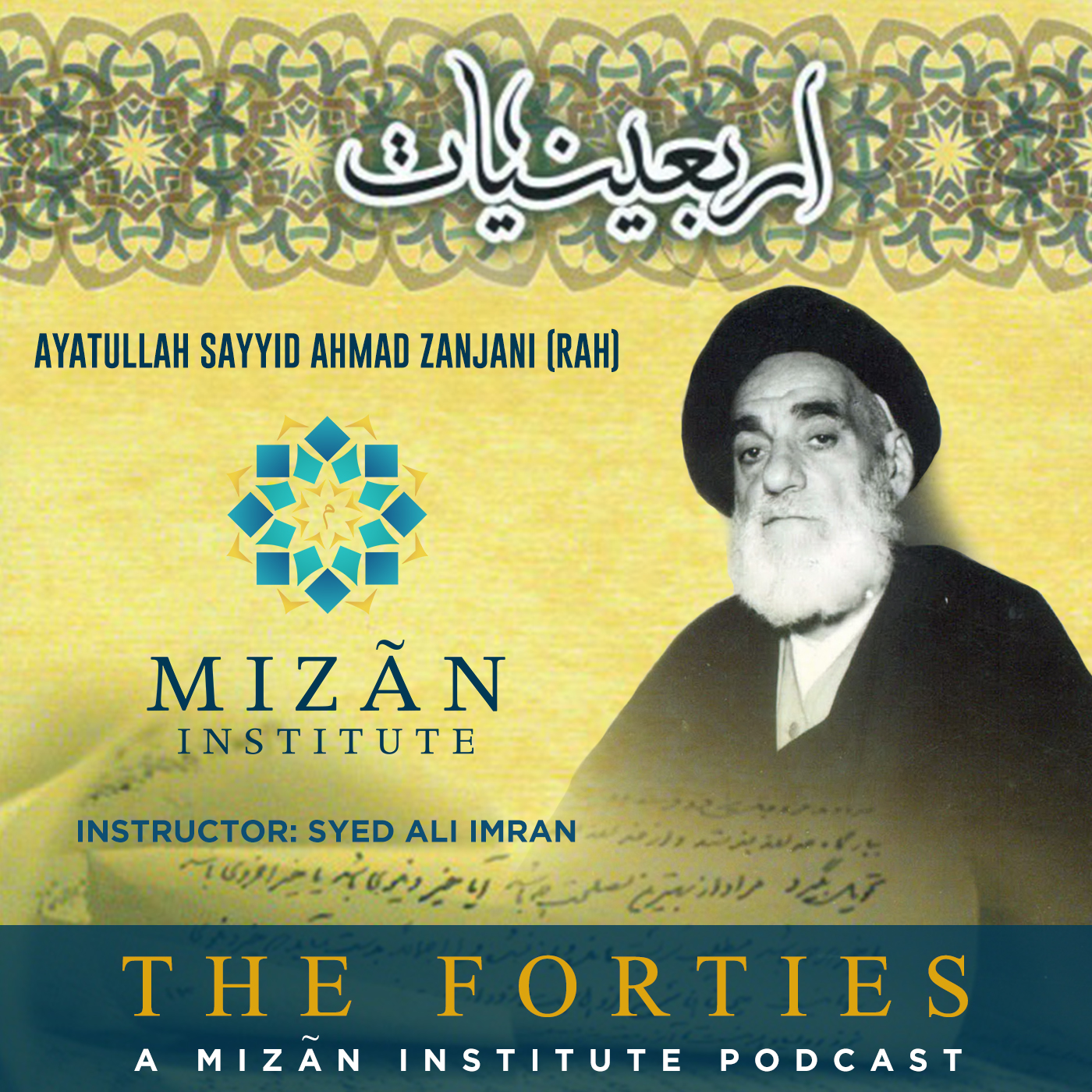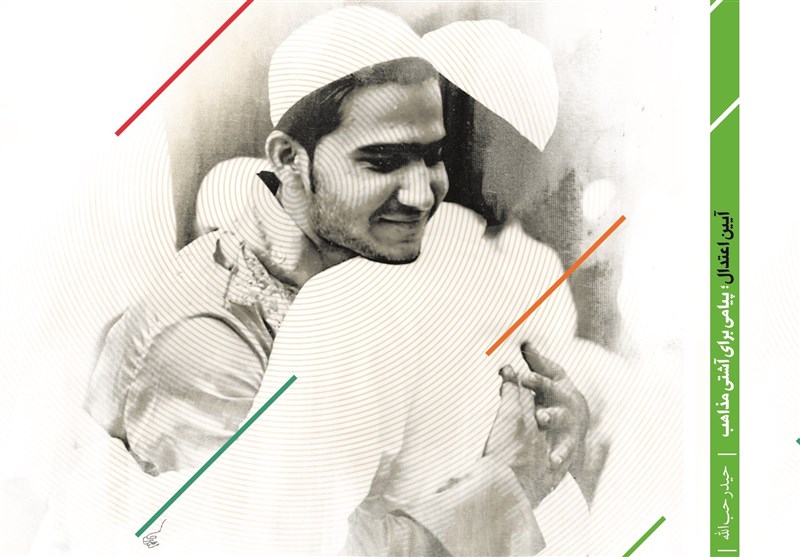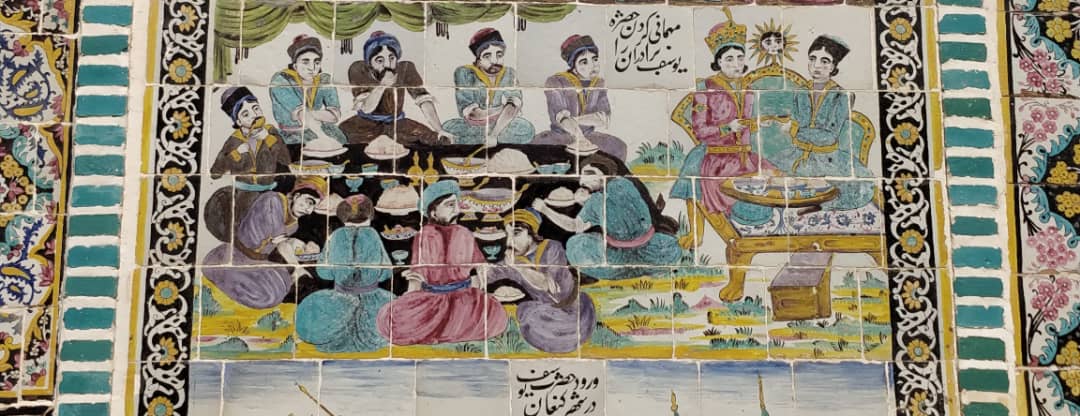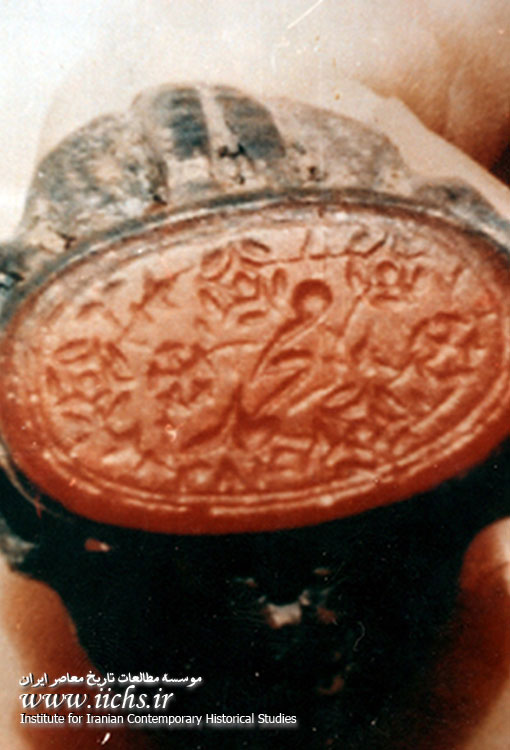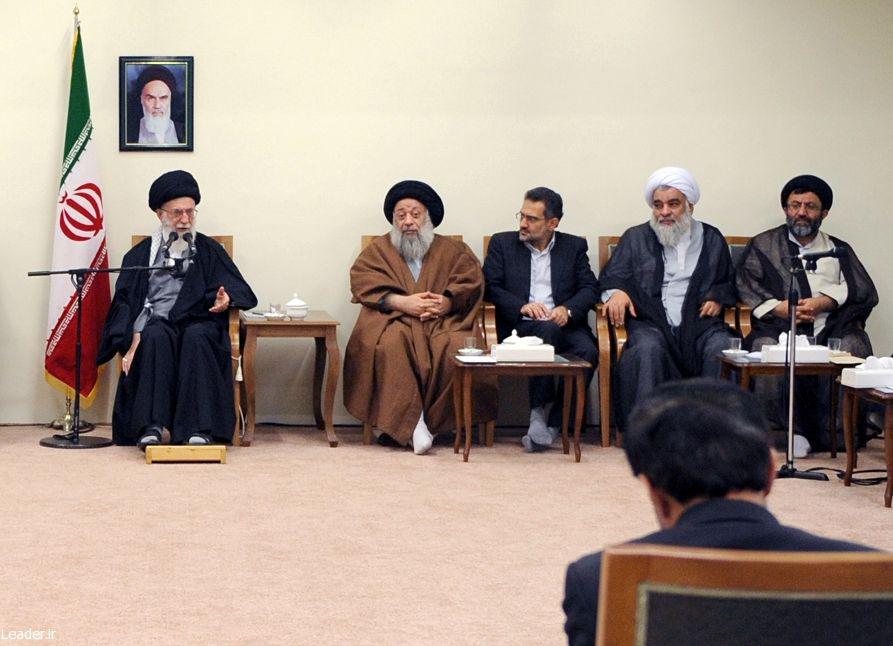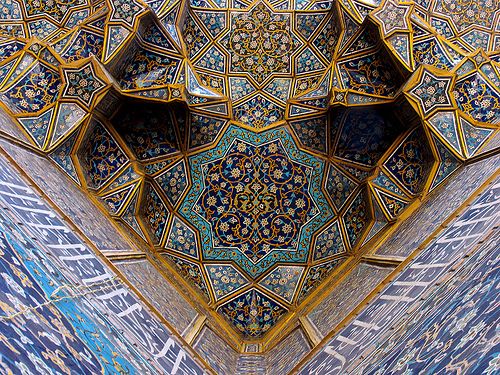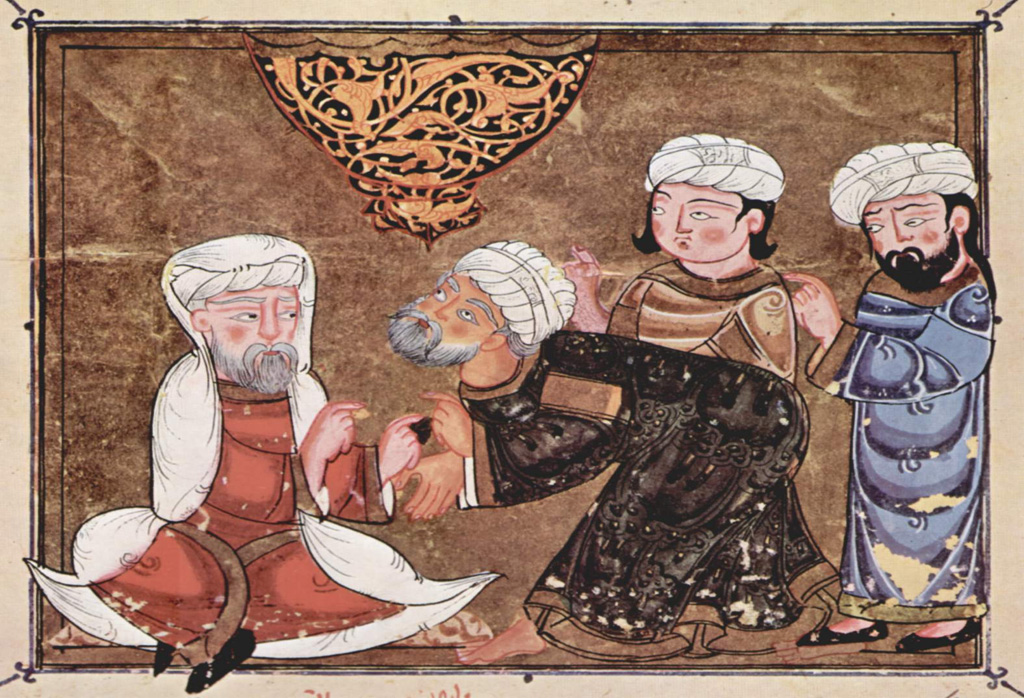One of the popular rulings within Islamic law is that if a woman gives the adhan, it does not suffice for a man who is a stranger to her, and most have also opined that this is true even if the man who hears the adhan is related to her (i.e. she is his maḥram). Amongst the classical scholars, the only exception we find is Shaykh Tusi who writes in his al-Mabsut1 that if a woman does happen to give the adhan for men, they can follow it and subsequently give the iqamah themselves
Sayyid Ali studied in the seminary of Qom from 2012 to 2021, while also concurrently obtaining a M.A in Islamic Studies from the Islamic College of London in 2018. In the seminary he engaged in the study of legal theory, jurisprudence and philosophy, eventually attending the advanced kharij of Usul and Fiqh in 2018. He is currently completing his Masters of Education at the University of Toronto and is the head of a private faith-based school in Toronto, as well as an instructor at the Mizan Institute and Mufid Seminary.


















